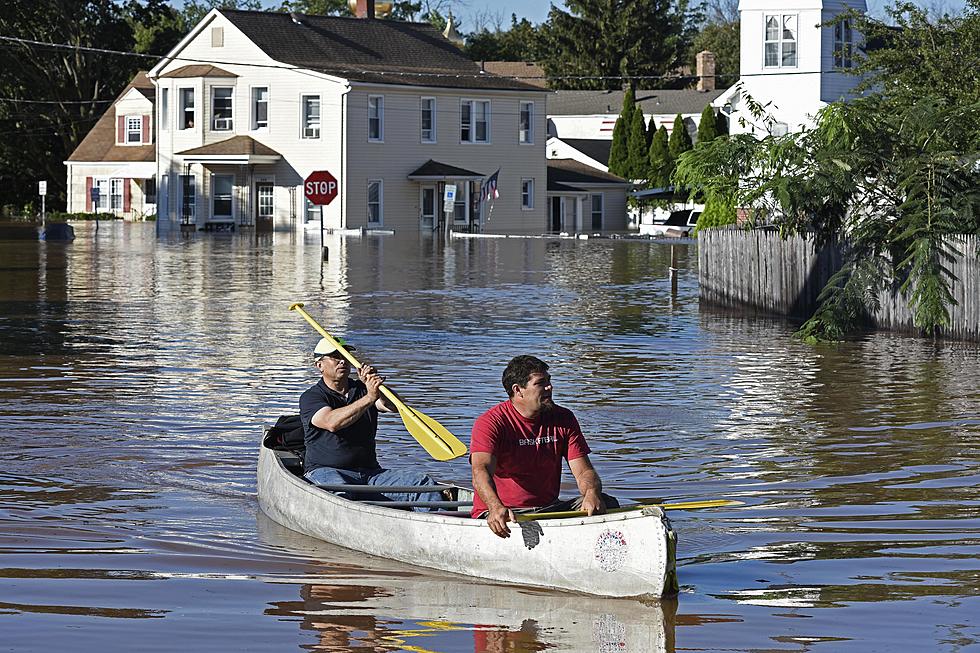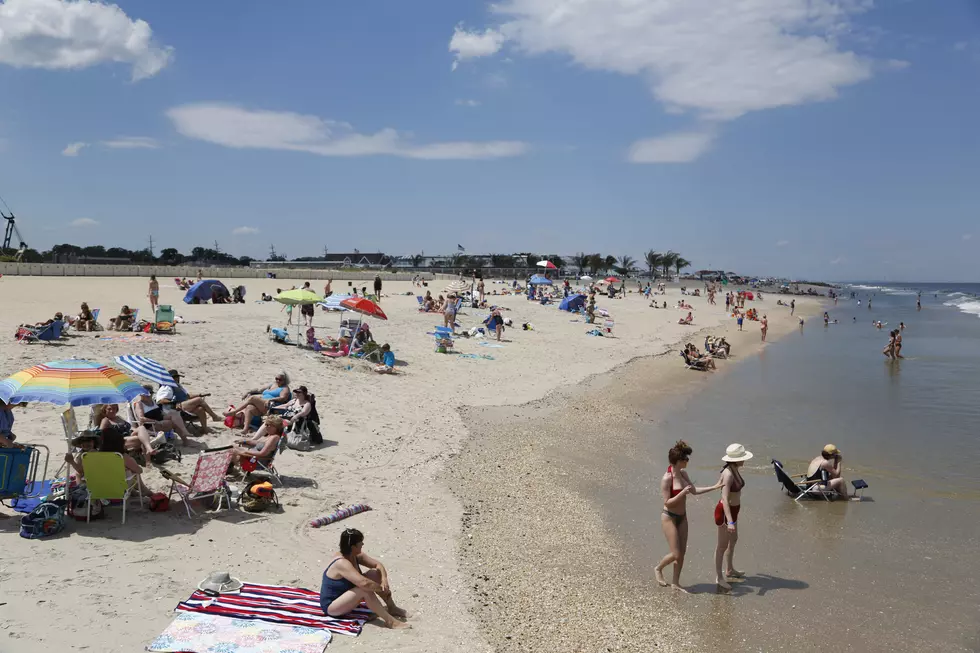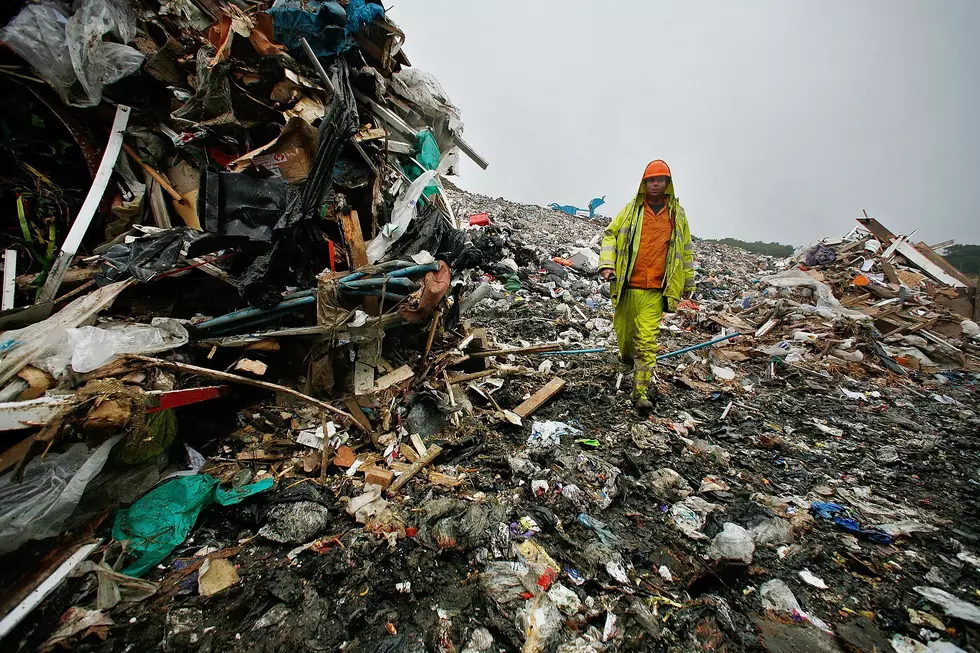
Science group urging NJ to limit suspected carcinogen in drinking water
The New Jersey Department of Environmental Protection is considering a recommendation by a panel of scientists to set a stricter standard for a chemical in drinking water that is believed to cause cancer.
The Drinking Water Quality Institute, a group of scientists and water quality executives that advises and works with the DEP, has unanimously recommended that the level of 1,4-dioxane, a synthetic chemical used in products like adhesives, resins and waxes, should be regulated to a level of no more than a microscopic 0.33 parts per billion in drinking water.
Doug O’Malley, the director of Environment New Jersey, said this stringent recommendation is being made because laboratory studies have found 1,4-dioxane is causing tumors in multiple organs of rats, mice and guinea pigs.
“It’s bad news for animals and the EPA considers it to be a likely carcinogen,” he said. “We don’t want to be playing a toxic Russian roulette to figure out how much of this particular contaminant, 1 to 4 dioxane, is safe enough for our public health.”
He said between 2013 and 2015 testing determined the chemical was found in 17% of New Jersey’s public water systems that exceeded the recommended health limit.

“Because of New Jersey’s industrial past, we just have more of this contaminant in our drinking water than anywhere else in the country,” he said. "We know that this chemical is in our drinking water in way too many of our public water systems and we support the DEP setting a very strict standard.”
Existing technology can be used to reduce the threat of this contaminant.
“Using a process called advanced oxidation, our drinking water utilities can reduce the level of this contaminant to this very infinitesimal level,” he said.
The Department is taking a hard look at a number of different emerging contaminants and is currently reviewing this specific recommendation
First Responders Appreciation
More From 92.7 WOBM










